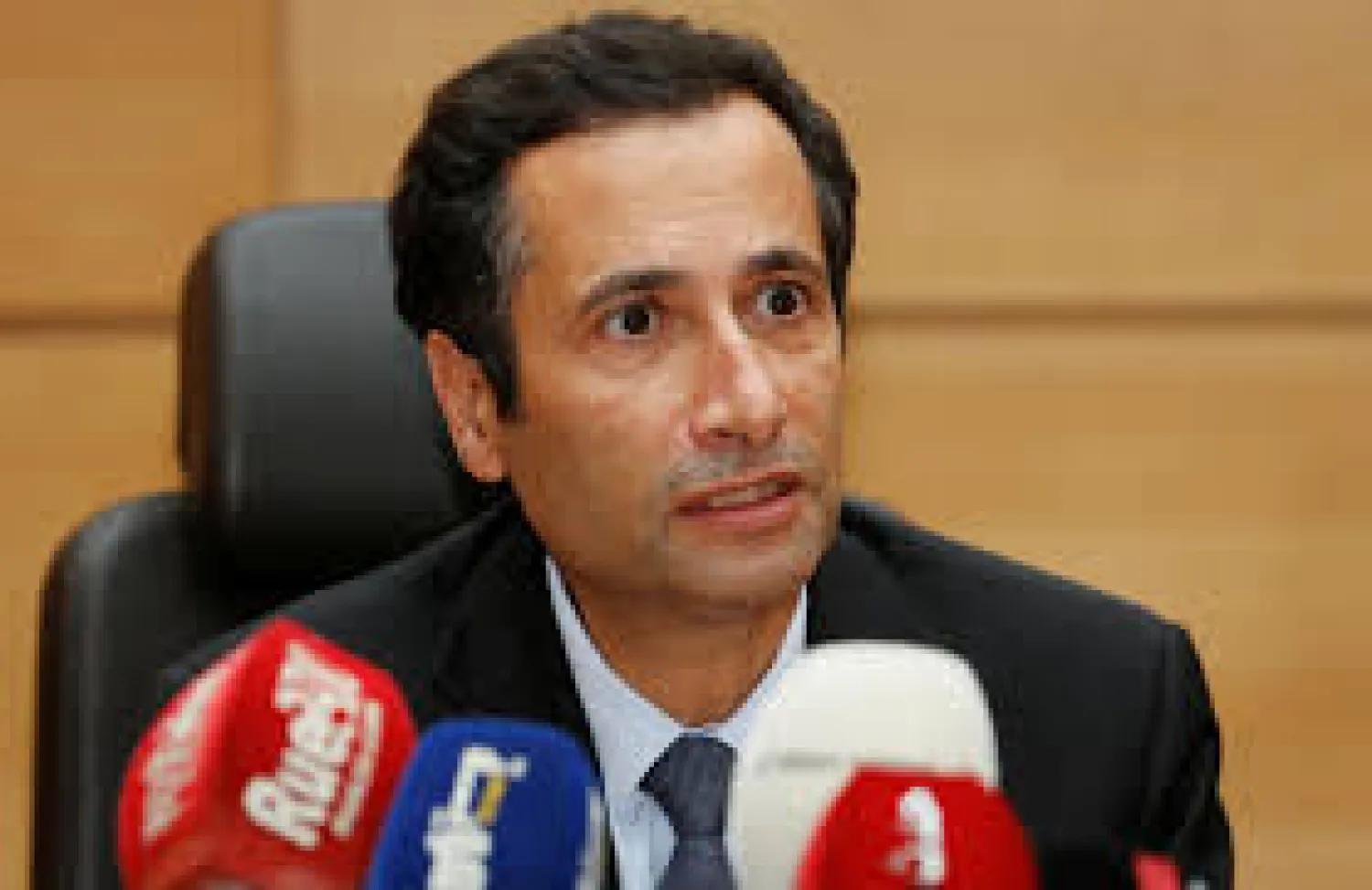Morocco is targeting to lower its fiscal deficit of 3.5 percent of gross domestic product (GDP) in 2020 through a bunch of financial and taxation procedures.
Moroccan Minister of Finance Mohamed Benchaaboun said that these measures – included in budget 2020 – will control government spending. He added that his government will count on privatization that will generate MAD3 billion (USD300 million) besides taxation procedures.
Benchaaboun presented on Monday the Appropriation Bill 2020 during a plenary session of the parliament, pointing out that the budget anticipates spending more than MAD488.6 billion (USD51.4 billion) with an increase of 10.2 percent.
It would bring additional incomes worth MAD446.7 billion (USD47 billion), which is a 7 percent increase.
The new budget includes new measures that push investment especially reducing the marginal price of the tax on companies from 31 percent to 28 percent and declining the current price of the minimum rate of the tax from 0.75 percent to 0.50 percent.
This coincides with continuous reform of the investment climate and working on extracting the new charter of investment as well as reforming regional centers for investment.
The minister added that the government allocates great importance to SMEs and emerging projects.
Regarding taxation, the suggested budget encompasses transitional procedures for the sake of enabling firms and individuals to settle their taxation status. Benchaaboun said that the budget is a platform to establish a new stage based on fostering trust and promoting initiatives.









